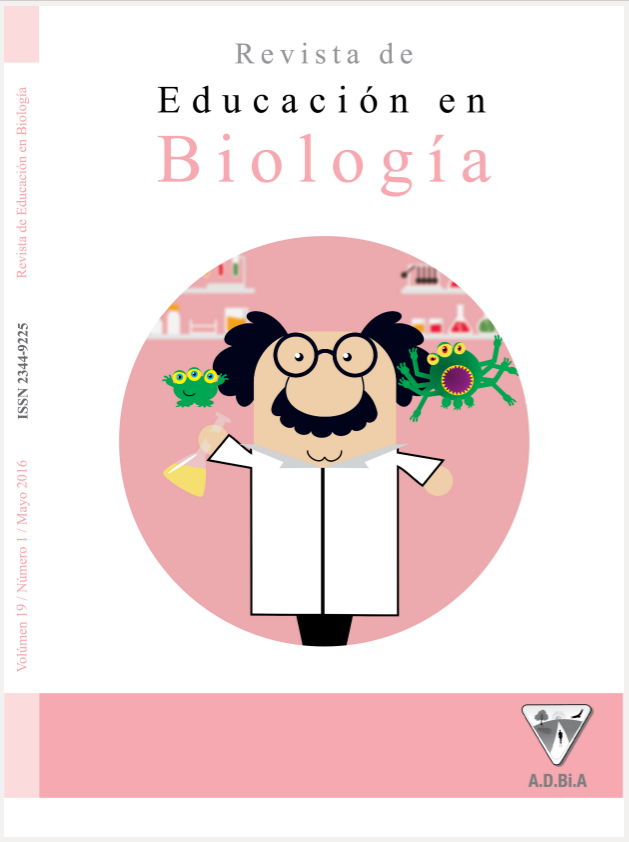Understanding Experimentation in Sciences: Between Speech and Practice
Main Article Content
Abstract
The text discusses the importance of experimental activities and some conceptions
that guide their practice in Science teaching. We made some interviews and discussion meetings with teaching supervisors and Science teachers, which were recorded and transcribed. The analysis allowed to build three thematic episodes. The subjects involved indicate that experimentation is essential in educational processes, but there are some problems that make its development difficult in Science classes. In the investigative context, we have identified proofs of the presence of four conceptions of experimentation, which have been characterized in the traditional empiricist-inductivist model. We highlighted the role of courses and the creation of continuous training spaces in order to promote reflective
transformations in the development of Science teaching methodologies.
that guide their practice in Science teaching. We made some interviews and discussion meetings with teaching supervisors and Science teachers, which were recorded and transcribed. The analysis allowed to build three thematic episodes. The subjects involved indicate that experimentation is essential in educational processes, but there are some problems that make its development difficult in Science classes. In the investigative context, we have identified proofs of the presence of four conceptions of experimentation, which have been characterized in the traditional empiricist-inductivist model. We highlighted the role of courses and the creation of continuous training spaces in order to promote reflective
transformations in the development of Science teaching methodologies.
Article Details
How to Cite
Understanding Experimentation in Sciences: Between Speech and Practice. (2016). Journal of Biology Education, 19(1), (pp. 35-53). https://doi.org/10.59524/2344-9225.v19.n1.22529
Section
Investigaciones y desarrollos

This work is licensed under a Creative Commons Attribution-NonCommercial-ShareAlike 4.0 International License.
Aquellos autores/as que tengan publicaciones con esta revista, aceptan los términos siguientes:- Los autores/as conservarán sus derechos de autor y garantizarán a la revista el derecho de primera publicación de su obra, el cuál estará simultáneamente sujeto a la Licencia de reconocimiento de Creative Commons que no se permite un uso comercial de la obra original ni de las posibles obras derivadas, la distribución de las cuales se debe hacer con una licencia igual a la que regula la obra original.
- Los autores/as podrán adoptar otros acuerdos de licencia no exclusiva de distribución de la versión de la obra publicada (p. ej.: depositarla en un archivo telemático institucional o publicarla en un volumen monográfico) siempre que se indique la publicación inicial en esta revista.
- Se recomienda a los autores/as difundir su obra a través de Internet (p. ej.: en archivos telemáticos institucionales o en su página web) después del proceso de publicación, lo cual puede producir intercambios interesantes y aumentar las citas de la obra publicada. (Véase El efecto del acceso abierto).
How to Cite
Understanding Experimentation in Sciences: Between Speech and Practice. (2016). Journal of Biology Education, 19(1), (pp. 35-53). https://doi.org/10.59524/2344-9225.v19.n1.22529

